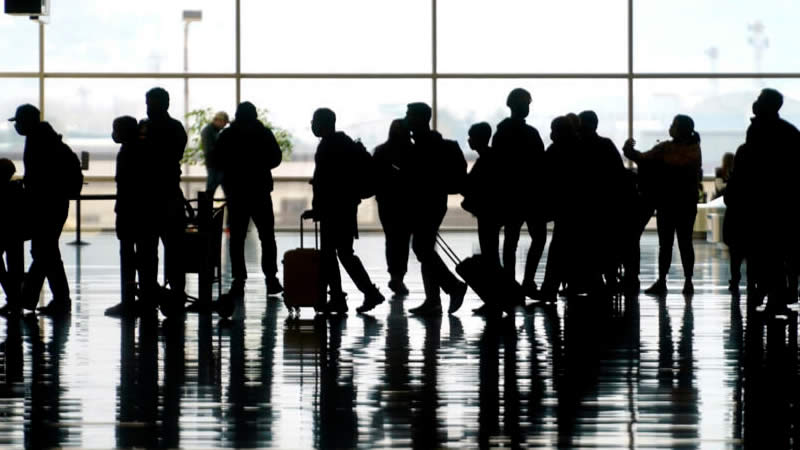If you’re planning to head overseas anytime soon, the CDC wants you to stop and double-check your vaccine status first. Measles, a highly contagious respiratory illness, is on the rise across the globe, and more and more unvaccinated US travelers are bringing it back home with them.
The Centers for Disease Control and Prevention issued a fresh warning, urging Americans to take measles seriously, especially before boarding an international flight. According to the CDC, measles is mainly spread through coughing and sneezing, and it doesn’t take much exposure to catch it if you’re not protected.
In the last week alone, 42 new cases have been reported in the US, and nearly all of them were among people who weren’t vaccinated. The CDC emphasized that the majority of cases in the country are linked to US residents who traveled abroad, got infected, and returned home without knowing they were carrying the virus.
More: Surprising Norovirus Symptom That May Appear in Your Legs
“Most people who bring measles into the United States are unvaccinated US residents who get infected during international travel,” the CDC explained.
And this isn’t just about a few countries. Cases are climbing in multiple places around the world, making international travel riskier than it might seem, especially for those who haven’t had their measles-mumps-rubella (MMR) shots.

To help avoid infection and keep the illness from spreading, the CDC is reminding everyone of its official vaccination guidelines. That includes an early dose of the MMR vaccine for babies between 6 and 11 months old. Anyone 12 months and older should get two doses spaced at least 28 days apart, unless they already have proof of immunity.
So what counts as “proof”? The CDC says international travelers are considered at risk if they haven’t had a full round of MMR vaccinations at least two weeks before their trip or if they’ve never had measles before.
More: New Study Links Daytime Napping Habits to Higher Risk of Early Death
And if you do end up getting sick, it’s important to act fast—but carefully. The CDC says people should watch for common symptoms such as a high fever, a rash, cough, runny nose, or red, watery eyes. These can show up while you’re abroad or even up to three weeks after you’ve returned.
If you suspect you’ve got measles, the CDC is urging folks not to just walk into a clinic. “People who think they might have measles should let the healthcare facility know before they go,” the agency advises. “Calling ahead lets the healthcare facility staff take steps to make sure that measles doesn’t spread in the facility.”
The bottom line? If you’re heading out of the country, now’s the time to check your vaccine status and get protected. With cases popping up fast and the potential to spread easily once someone’s back in the States, a little prevention could save a whole lot of trouble.

